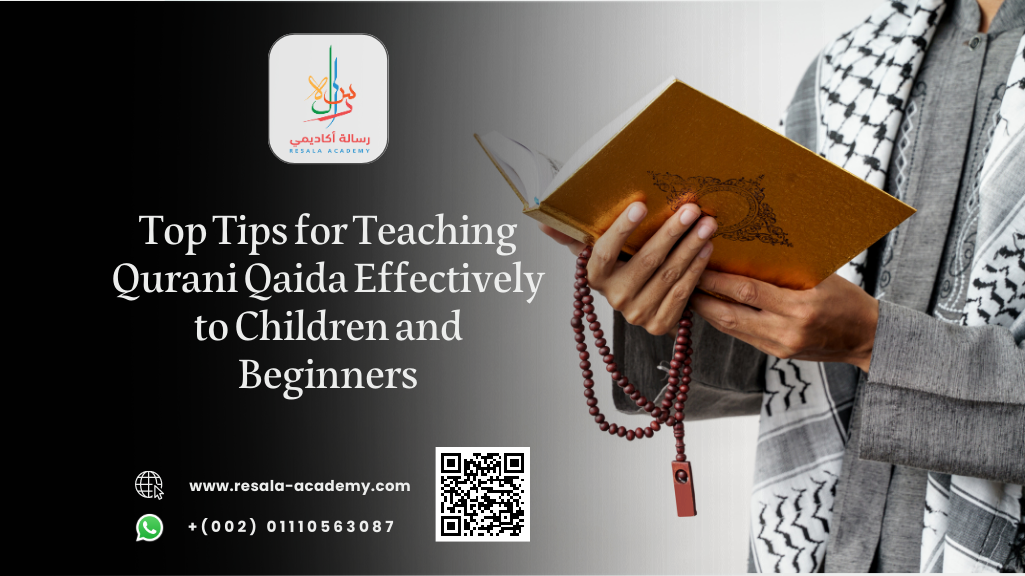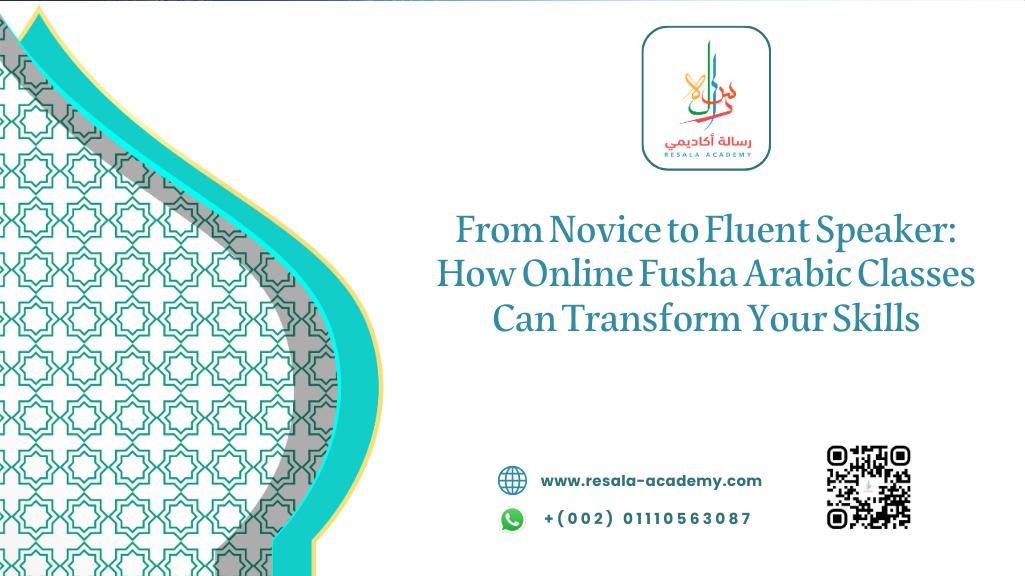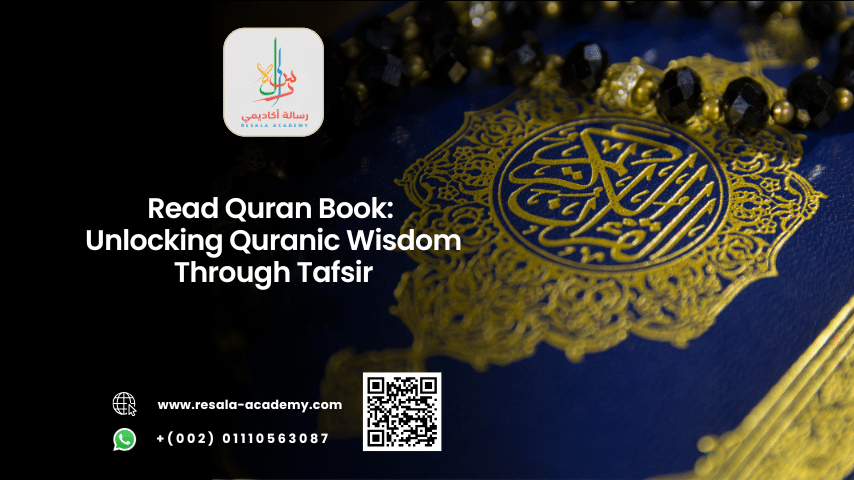Table of Contents
Top Tips for Teaching Qurani Qaida Effectively to Children and Beginners
Welcome to the enchanting world of Qurani Qaida, where children and beginners embark on a beautiful journey of learning the fundamentals of Arabic pronunciation and Quranic recitation. Teaching Qurani Qaida effectively is not just about imparting knowledge; it’s about nurturing a love for the Quran, instilling confidence, and building a strong foundation in understanding its timeless verses. In this blog post, we will share top tips for teaching Qurani Qaida that will leave your little learners excited and eager to delve into the magical realm of the Holy Book. So grab your teaching caps and let’s dive in!
Understanding Qurani Qaida
Qurani Qaida serves as the stepping stone for children and beginners to embark on their journey of Quranic recitation. It is a comprehensive guide that introduces them to the Arabic alphabet, pronunciation rules, and basic vocabulary. Understanding Qurani Qaida is crucial because it provides a solid foundation for further learning and enables students to navigate through the complexities of reading the Quran with ease.
In this enchanting book, learners are introduced to each letter of the Arabic alphabet along with its proper pronunciation and various forms. They also learn how to join letters together to form words. This step-by-step approach ensures that students grasp the intricacies of Arabic script gradually, building their confidence along the way.
Moreover, Qurani Qaida familiarizes learners with Tajweed rules – the correct way of pronouncing each letter according to its specific characteristics. By understanding these rules from an early stage, students develop a strong command over proper articulation and intonation while reciting verses from the Holy Quran – truly bringing them closer to experiencing its divine beauty.
So dive into Qurani Qaida with your little ones or beginners alike! Let them explore this captivating world where letters come alive and words dance off pages. With patience and creativity, you’ll witness their progress unfold as they unlock one treasure after another in their quest for Quranic knowledge.
Importance of Effective Teaching
Effective teaching is the key to unlocking a child’s potential in learning Qurani Qaida. It goes beyond simply conveying information; it involves creating an engaging and immersive experience that fosters understanding and retention. When children are taught effectively, they not only grasp the fundamentals of Arabic pronunciation and Quranic recitation but also develop a deep love for the Quran.
Effective teaching ensures that children receive clear instructions and explanations tailored to their level of understanding. Teachers should use various techniques such as visual aids, storytelling, or hands-on activities to make learning interactive and enjoyable. This helps keep children engaged throughout the lesson.
Effective teaching encourages active participation from students by encouraging questions, discussions, and group activities. By involving students in their learning process, teachers can tap into their curiosity and creativity while building confidence in their abilities.
Effective teaching provides regular feedback and assessment to monitor progress accurately. This allows teachers to identify gaps in knowledge or areas where additional support may be required. With consistent feedback loops in place, educators can tailor instruction accordingly for each student’s unique needs.
In conclusion, the importance of effective teaching cannot be overstated when it comes to introducing Qurani Qaida to children and beginners. Through engaging methods, personalized instruction, and ongoing assessment, teachers can create an optimal learning environment where students thrive academically and develop a lifelong connection with the Quran.
Choosing the Right Learning Resources
When it comes to teaching Qurani Qaida effectively, choosing the right learning resources is crucial. You want materials that are engaging, age-appropriate, and comprehensive. So where do you start?
Consider using a Qurani Qaida book specifically designed for children or beginners. Look for colorful illustrations and clear instructions that make learning fun and easy. These books often include exercises and practice sheets to reinforce concepts.
Explore digital resources such as interactive apps or online platforms. Many of these offer interactive lessons with audio recitations and pronunciation guides. They can be accessed anytime, anywhere, making them convenient for both students and teachers.
Don’t forget about traditional tools like flashcards or audio CDs. These can be great supplementary resources to reinforce learning outside of structured lessons.
By selecting the right mix of physical books, digital apps, and traditional tools, you’ll ensure that your students have a well-rounded learning experience that keeps them motivated on their Qurani Qaida journey!
Creating a Structured Lesson Plan
A structured lesson plan is the backbone of effective teaching when it comes to Qurani Qaida. It provides a roadmap for both the teacher and the student, ensuring that each lesson builds upon the previous one.
When creating a structured lesson plan, start by setting clear objectives for each session. What specific skills or concepts do you want your students to learn? Break down these objectives into smaller tasks or activities that will help them achieve these goals.
Next, organize your lessons in a logical sequence. Start with basic concepts and gradually introduce more complex ones as your students progress. This incremental approach helps build their understanding step by step.
Allocate time for practice and review in each lesson. Give your students ample opportunities to apply what they have learned through exercises and drills. Regularly revisit previously taught material to reinforce their knowledge and ensure retention.
By following a well-structured lesson plan, you can provide a systematic learning experience for your students, keeping them engaged and motivated throughout their Qurani Qaida journey!
Engaging and Interactive Teaching Methods
Engaging and interactive teaching methods are key to keeping children and beginners interested in learning Qurani Qaida. Traditional rote memorization can be dull, so it’s important to spice things up with fun activities and games. One great method is using flashcards with Arabic letters or words on them. Children can match the cards or play memory games to reinforce their knowledge.
Another effective technique is incorporating music into the lessons. Singing Qurani Qaida rhymes not only helps children remember the letters but also makes learning enjoyable. You can find plenty of catchy songs online that cover the basics of Qurani Qaida.
Additionally, hands-on activities like tracing letters in sand or using clay to form Arabic characters provide a tactile experience that enhances understanding and retention. These interactive methods make learning an immersive and enjoyable process for children, allowing them to engage more deeply with the material.
By making Qurani Qaida lessons engaging and interactive, you create an environment where students actively participate in their learning journey. This approach promotes better comprehension, retention, and overall enjoyment of studying the Quranic foundations. So get creative, think outside the box, and watch your students thrive!
Incorporating Technology in Learning Qurani Qaida
Technology has become an integral part of our lives, and it’s no different when it comes to teaching Qurani Qaida. By incorporating technology into the learning process, we can make it more engaging and interactive for children and beginners.
One way to utilize technology is by using educational apps or online platforms that offer digital versions of the Qurani Qaida. These resources often include interactive features such as audio recitation, games, quizzes, and progress tracking. This not only helps learners stay motivated but also allows them to practice their pronunciation and comprehension skills in a fun and interactive way.
Another way technology can enhance the learning experience is through virtual classrooms or video conferencing tools. With these tools, students can connect with qualified teachers from anywhere in the world without leaving their homes. They can receive personalized instruction, ask questions in real time, and participate in group discussions with other learners.
Additionally, technology allows for easy access to supplementary materials like videos, animations, and audio recordings of Quranic verses. This multimedia approach provides visual aids that help learners better understand the rules of tajweed (pronunciation) while experiencing the beauty of recitation.
By embracing technology as a tool for teaching Qurani Qaida effectively, we can create a dynamic learning environment that caters to individual needs while fostering a love for Allah’s words among children and beginners alike.
Building a Strong Foundation in Arabic Pronunciation
When it comes to learning Qurani Qaida, building a strong foundation in Arabic pronunciation is crucial. Correct pronunciation not only enhances understanding but also deepens the connection with the words of Allah. So how can we ensure children and beginners develop this essential skill?
Focus on mastering individual letters before moving on to words and sentences. Start with proper articulation by teaching the correct placement of the tongue, lips, and throat for each letter. Encourage learners to repeat after you, paying attention to their accuracy.
Incorporate listening exercises into your lessons. Play audio recordings or recitations by skilled Quranic teachers to expose students to authentic pronunciations. This will help them grasp the nuances of different sounds and improve their pronunciation.
Provide ample practice opportunities through drills and repetition exercises. Guide students in vocalizing letters correctly using various examples from Qurani Qaida. Regular practice will refine their skills over time.
Remember that building a strong foundation in Arabic pronunciation requires patience and consistent effort from both teacher and student alike! So let’s strive together towards perfecting this fundamental aspect of Qurani Qaida education.
Practice and Repetition for Mastery
Practice makes perfect, and this principle holds when it comes to teaching Qurani Qaida to children and beginners. Repetition is key to achieving mastery in any skill, including Arabic pronunciation and recognition of letters. Through consistent practice, learners can reinforce their understanding of Qaida’s lessons and build a strong foundation for further Quranic studies.
To effectively implement practice and repetition in your teaching approach, consider incorporating various interactive activities into your lessons. For example, you can create flashcards with Arabic letters or words and encourage students to match them correctly. Additionally, practicing recitation through regular reading sessions will help learners develop fluency in pronouncing the verses.
Repetition should be approached creatively to maintain engagement. Use games like memory matching where students have to recall the letter shape or sound from memory. By making these activities enjoyable for young learners, they will stay motivated throughout their learning journey.
Remember that mastery takes time; hence consistency is crucial. Encourage students to practice regularly at home as well by assigning homework assignments that target specific skills covered in class. This way, learners can reinforce what they’ve learned while building confidence in their abilities.
Incorporating deliberate practice and repetition into Qurani Qaida lessons ensures thorough comprehension of language fundamentals while fostering a sense of achievement among children and beginners on their path toward mastering the Quran.
Providing Regular Feedback and Assessment
Feedback is a crucial component of effective teaching, especially when it comes to teaching Qurani Qaida to children and beginners. Regular feedback allows educators to track the progress of their students and identify areas that need improvement. It also helps students stay motivated by acknowledging their efforts and highlighting their achievements.
One way to provide regular feedback is through verbal praise and encouragement during lessons. When a student successfully reads or recites a verse correctly, take a moment to acknowledge their achievement. This positive reinforcement not only boosts their confidence but also encourages them to continue learning with enthusiasm.
In addition to verbal feedback, written assessments can be used to evaluate the understanding and retention of lessons. By providing quizzes or short tests at regular intervals, you can gauge how well your students are grasping the concepts taught in Qurani Qaida. These assessments should be age-appropriate, challenging enough to assess knowledge, yet not overwhelming for beginners.
Remember that each student has unique strengths and weaknesses, so tailor your feedback accordingly. Focus on constructive criticism rather than negative comments. This will help students understand where they need improvement without feeling discouraged.
By regularly providing feedback and assessment, you create an environment where growth is encouraged and celebrated. This approach fosters continuous learning while ensuring that your students develop strong foundations in Qurani Qaida.
Fostering a Love for the Qur’an
The Qur’an is not just a book; it is the ultimate guide to life. Instilling a love for the Qur’an in children and beginners is crucial for their spiritual growth. But how can we make this ancient text come alive and captivate young minds?
It’s important to create an environment that encourages curiosity and exploration. Make reading the Qur’an a joyful experience by introducing captivating stories from its pages or organizing group discussions on its teachings. By making it relatable and relevant, we can ignite their passion for learning more.
Lead by example. Show your love and reverence for the Qur’an through your actions. Let them see you recite it with devotion and seek knowledge about its meanings yourself. This will inspire them to emulate your enthusiasm.
Make Quranic memorization fun! Incorporate games, competitions, or even rewards into their learning process. Encourage them to recite verses confidently during family gatherings or at religious events. Celebrate their achievements no matter how small.
By fostering a genuine connection with the Qur’an early on, we are building a strong foundation of faith that will last a lifetime!
Resala Academy Offers Online Qurani Qaida Classes
Resala Academy is here to make learning Qurani Qaida easier and more accessible than ever before! With our online classes, children and beginners can now learn the fundamentals of Quranic recitation from the comfort of their own homes. Our experienced teachers are dedicated to providing a high-quality education that is tailored to each student’s needs.
In our online Qurani Qaida classes, we utilize interactive teaching methods and engaging resources to ensure that students stay motivated and excited about their learning journey. From colorful visuals to fun games, we strive to create a positive and stimulating environment where students can thrive. We also incorporate technology in our lessons, allowing for seamless communication and easy access to course materials.
At Resala Academy, we understand the importance of building a strong foundation in Arabic pronunciation. Our expert teachers focus on helping students master the correct pronunciation of each letter with regular practice drills and exercises. By developing this essential skill early on, students will be well-prepared for further Quranic studies.
Join us at Resala Academy today and embark on an enriching educational experience that will lay the groundwork for a lifelong love for the Quran! Whether you’re looking for individual or group classes, our flexible scheduling options cater to your specific needs. Start your journey toward mastering Qurani Qaida with us today!
FAQs
1. How long does it take for a child or beginner to complete Qurani Qaida?
The time it takes for a child or beginner to complete Qurani Qaida can vary depending on their progress and dedication. On average, it may take several months to a year to fully grasp the fundamentals of Arabic pronunciation and basic Quranic reading skills.
2. What resources can I use to teach Qurani Qaida?
There are numerous resources available that cater specifically to teaching Qurani Qaida. You can opt for physical books, online tutorials, interactive apps, or even hire experienced tutors who specialize in Quranic education.
3. Is it important for children and beginners to practice regularly?
Absolutely! Consistent practice is key when learning anything new, especially when it comes to mastering Quranic recitation. Encourage children and beginners to set aside dedicated study time every day so they can reinforce what they have learned and make steady progress.
Remember, each learner’s journey is unique, so don’t be discouraged if there are occasional setbacks along the way. With patience, perseverance, and the right guidance – anyone can excel in understanding and reciting the beautiful words of the Quran!
Conclusion
Teaching Qurani Qaida effectively to children and beginners is a rewarding experience that requires careful planning, engaging methods, and the right resources. By understanding the importance of building a strong foundation in Arabic pronunciation, incorporating technology in learning, and providing regular feedback and assessment, you can create an environment that fosters a love for the Qur’an.
Remember to choose the right learning resources that cater to your student’s needs and preferences. Creating a structured lesson plan with clear objectives will help keep your teaching on track. Engage your students with interactive methods such as games, songs, and group activities. Incorporating technology can make learning more enjoyable and accessible.
Practice makes perfect when it comes to mastering Qurani Qaida. Encourage regular practice sessions at home or during class time to reinforce what has been learned. Repetition helps solidify knowledge and build confidence.
Regular feedback and assessments are crucial for tracking progress and identifying areas for improvement. Provide constructive feedback to motivate your students while celebrating their achievements along the way.
Above all else, foster a love for the Qur’an by creating an inclusive and supportive learning environment where students feel valued and inspired.
If you’re looking for online Qurani Qaida classes taught by experienced teachers who follow these effective teaching strategies, Resala Academy is here for you! With expert guidance from qualified instructors in a flexible online setting, your child or beginner student can embark on their journey of Quranic education with confidence.




